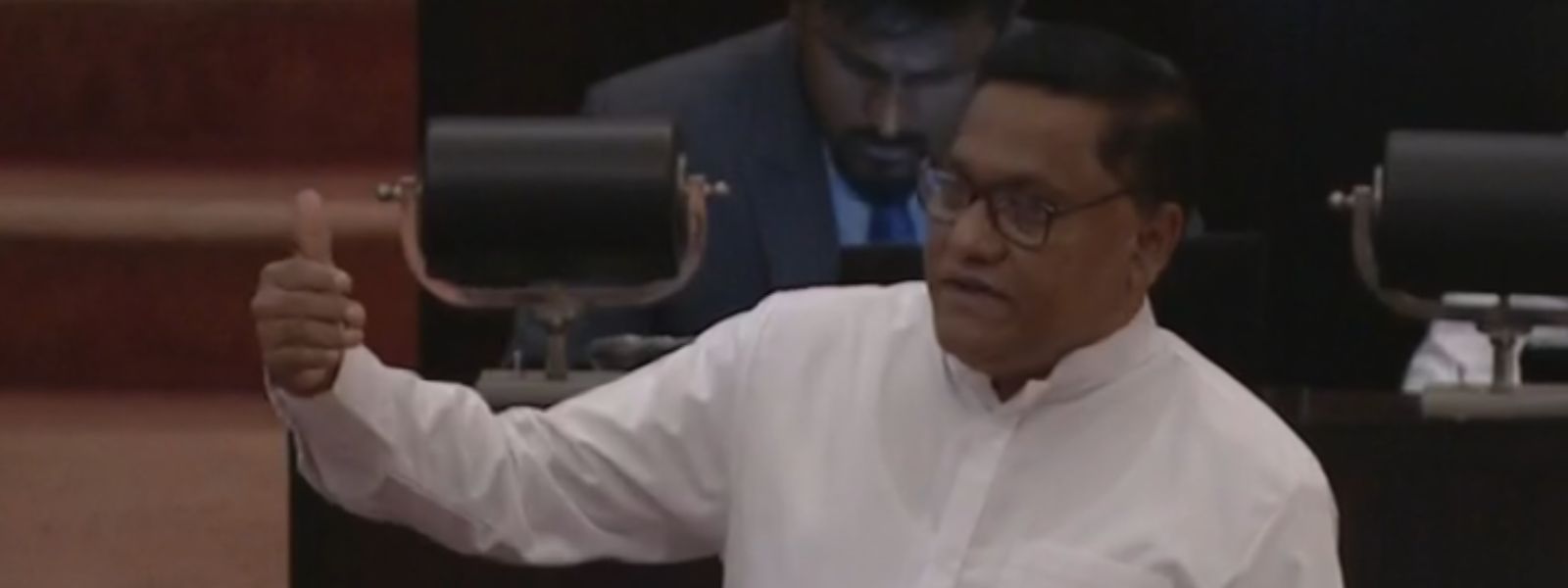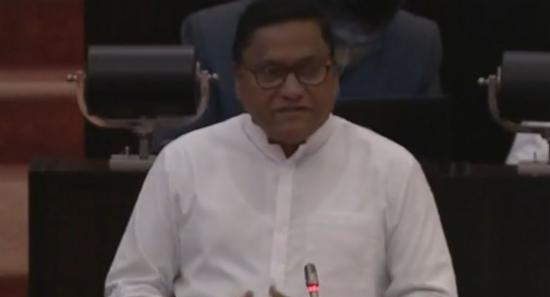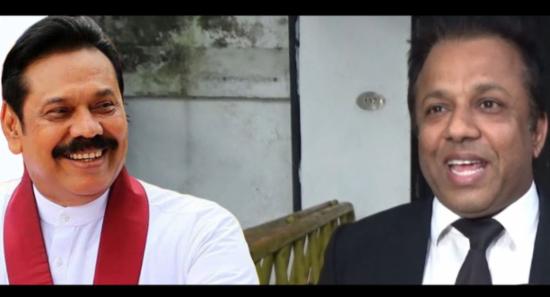.webp)

Sri Lanka’s Constitution to Be Rewritten with Public Input
COLOMBO (News 1st); Minister of Foreign Affairs, Vijitha Herath has reaffirmed the government’s commitment to constitutional reform, legal clarity, and domestic accountability, while addressing the challenges surrounding Provincial Council elections and broader national issues.
Minister Herath acknowledged that the Provincial Council system, though constitutionally mandated, has failed to deliver a lasting solution to Sri Lanka’s national question. He emphasized that this reality has been evident for years, and practical experience has confirmed its limitations.
Despite this, the government remains committed to conducting Provincial Council elections in accordance with the constitution. However, legal obstacles—particularly the non-approval of the Delimitation Commission’s report by Parliament—have created a deadlock. To move forward, Herath proposed the introduction of new legislation and parliamentary consensus to open the necessary legal pathways for holding elections.
He clarified that this process cannot be rushed, but assured that it will be carried out with constitutional integrity.
Herath stressed the urgent need for a new constitution, one that reflects fundamental rights, national unity, and public trust. He noted the criticism on the current constitution for being outdated and disconnected from the realities of modern Sri Lanka.
The proposed constitution will be developed through a collaborative process, incorporating suggestions from Members of Parliament, public opinion, and ultimately subjected to a national referendum. Herath pointed out that no previous constitution in Sri Lanka has ever been directly approved by the people, and this initiative aims to change that.
The Minister also addressed the economic crisis and geopolitical pressures that have influenced domestic policy, including the introduction of new tax structures. He emphasized that the government is determined to overcome these challenges and use them as a catalyst for systemic reform.
A key component of the government’s strategy is a five-year national reconciliation plan, approved by the Cabinet. This plan aims to build ethnic harmony, institutional trust, and social cohesion through a series of phased initiatives.
Herath underscored the importance of strengthening accountability mechanisms through domestic processes, rejecting the need for foreign intervention. He affirmed that Sri Lanka’s judicial system has been made independent, and that the country now possesses credible internal structures capable of delivering justice.
The Minister assured Parliament that the government has not forgotten past crimes, including politically motivated killings, the Easter Sunday attacks, and violence against journalists. He confirmed that independent investigations have been launched and are being expedited through newly established mechanisms.
Herath emphasized that these inquiries will be impartial, transparent, and conducted within a domestic framework that meets international standards.
Other Articles
Featured News





.png )













-802665_550x300.jpg)









.webp)






